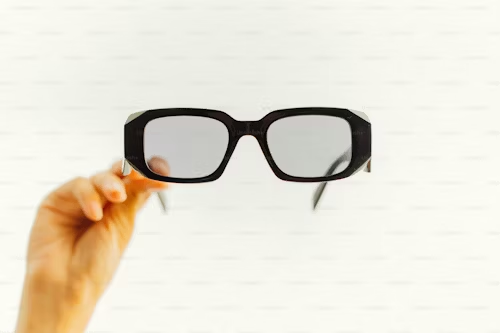The world of wearable technology is about to get even more exciting. Samsung is preparing to launch its first smart glasses in 2025, aiming to compete with Meta’s popular Ray-Ban smart glasses.
The market launch of Samsung’s smart glasses, scheduled for the third quarter of 2025, is already making waves. The company plans to initially launch around 500,000 units, showing its strong determination to play in this competitive market. But what makes these glasses so special?
At the heart of these smart glasses is Qualcomm’s AR1 chipset, the same powerful processor found in Meta’s Ray-Ban models. This means you can expect smooth performance and great features. The glasses are equipped with a 12MP Sony IMX681 camera to capture every moment in sharp detail. But that’s not all! With a 155mAh battery and a lightweight design weighing just 50 grams, Samsung has put a lot of emphasis on creating accessories that are functional and comfortable for all-day use.
Headline Features
Samsung’s smart glasses are not just good looking. They are packed with features designed to improve your everyday life.
Imagine being able to control your device with simple hand gestures. This intuitive functionality allows users to seamlessly interact with their surroundings.
The built-in QR code scanning feature makes payments and interactions easy, making transactions smoother than ever.
Get ready for a personalized experience! The glasses may contain technology that recognizes people, allowing for customized interactions.
Samsung is not alone in doing this. The company is working with Google to bring these smart glasses to practical use. This collaboration proposes a powerful combination of hardware and software expertise, ensuring a premium experience for users. The design is said to be inspired by the iconic Ray-Ban style, combining fashion and functionality.
Samsung’s entry into the smart glasses space comes at a pivotal time. Meta has been making waves with its own AR developments, including its recently unveiled Orion prototype — fully holographic AR glasses that promise advanced interaction features like voice and hand tracking — while Apple is in the early stages of its own smart glasses project.
Samsung doesn’t initially intend to add display technology to its products, but a focus on AI-powered features could give the company an edge over rivals exploring their strategies.


